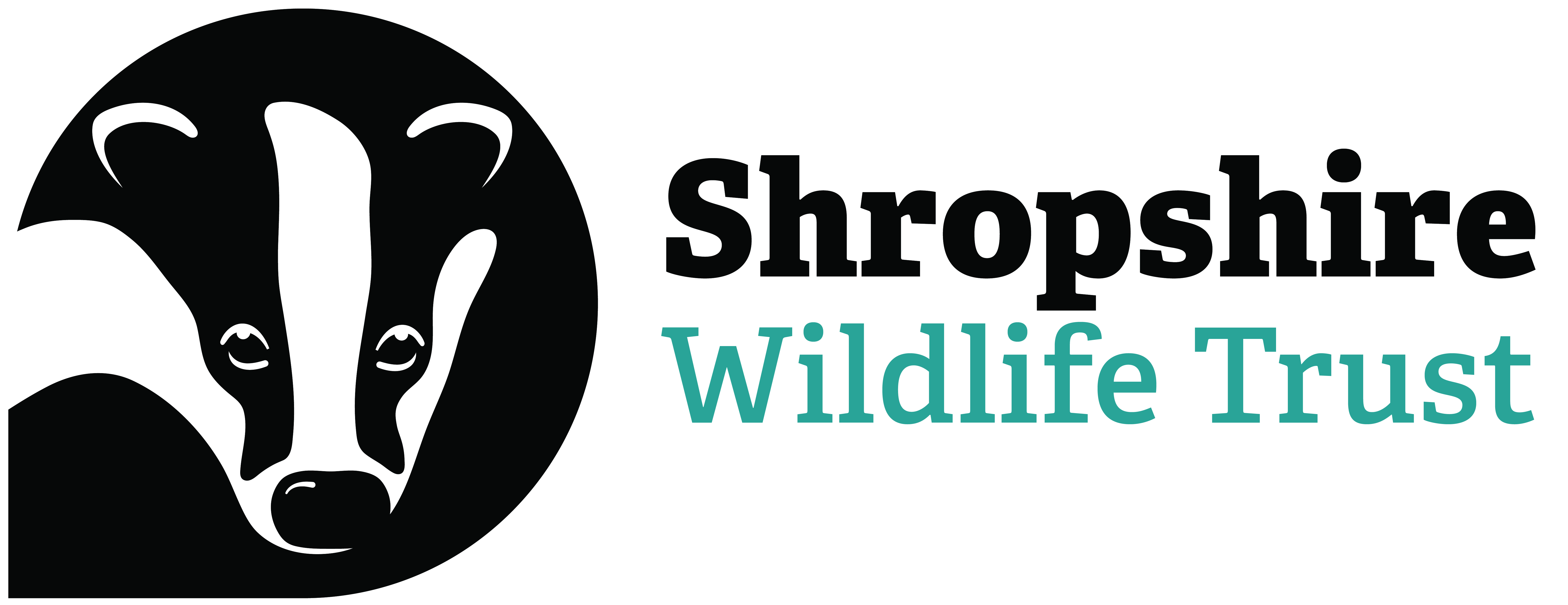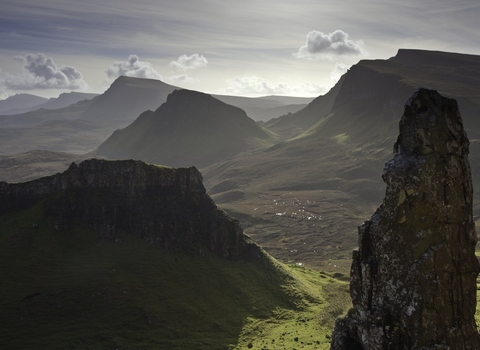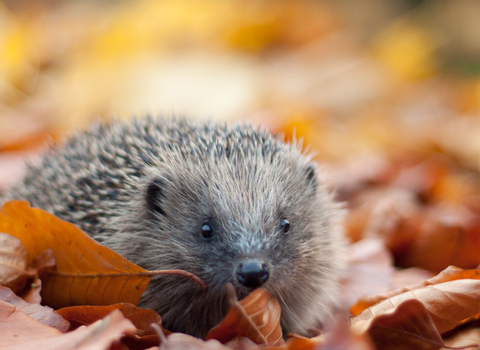The Wildlife Trusts want action
The landmark State of Nature 2023 Report has shown that the UK – already classified as one of the world’s most nature-depleted countries in the world – is continuing to allow nature to decline.
The Wildlife Trusts are calling upon all political parties to commit to a plan to finally halt and reverse this trend. Their policies must be targeted towards species recovery, addressing water pollution, funding wildlife-friendly farming, enabling healthy communities, and tackling climate change.
We want these asks to ensure all parties stand on a platform with nature’s recovery at its heart.
It has never been more evident that people care more about the state of their natural environment than ever before. With a general election on the horizon, it’s time politicians heard that message.
Political representatives should be listening to local people, so it is crucial that we create a collective voice for nature to get this message across. With your help contacting your nominated representatives, MPs, councillors and even press editors, we can ensure nature and climate issues are on their agenda for the next election.
Download The Wildlife Trusts' 5 priorities
Use our free simple tools below:
Send a postcard to your MP Send a letter to the editor
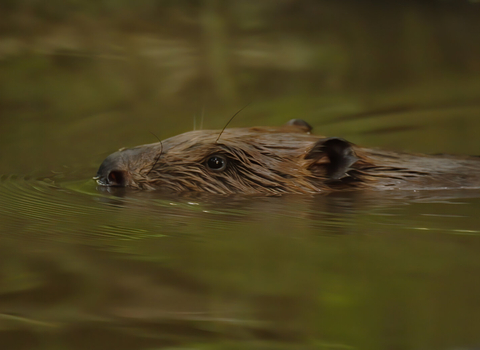
Beaver swimming with its head just above the water © Russell Savory
Bring back the UK’s lost wildlife
Immense pressure from decades of pollution and habitat loss has driven wildlife into catastrophic decline.
- To reverse the declines of wildlife, more places are needed for nature - the aim is to protect and restore at least 30% of land and sea for nature by 2030
- Stop damage to Marine Protected Areas - putting an end to destructive practices and development.
- Bring wild beavers back to every county. As the finest wetland engineers, beavers can be a gamechanger in addressing the climate and nature crises.
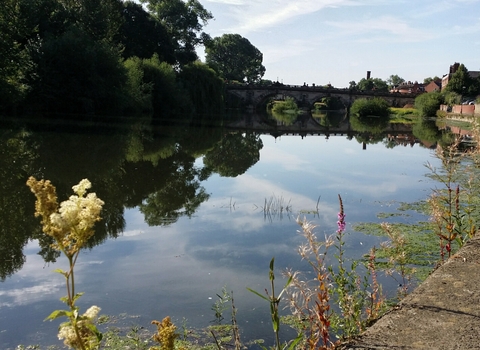
Kirsty Brown
End river pollution and water scarcity
The UK is ranked as one of the worst countries in Europe for water quality, with pollution beyond legal limits caused by a toxic cocktail of sewage and agricultural pollution.
- Political parties need to address the issues by enforcing the law - sufficient resource to ensure protections and enforce penalties.
- Halve nutrient pollution by 2030 - nature can be part of the solution to get back healthy rivers.
- Deliver stronger protection for chalk streams - over 85% of the world's chalk streams are in the UK: unique rivers with the rarest habitats.
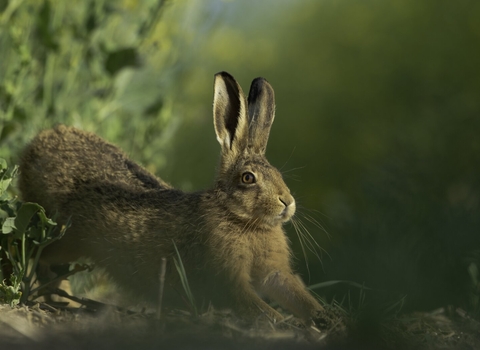
Andrew Parkinson/2020VISION
Fund wildlife-friendly farming
By supporting farmers to shift towards regenerative, nature-friendly methods, farming has huge potential to deliver a green rural renewal.
- Increase the budget for wildlife-friendly farming - ensuring agricultural transition fair to both farmers and the wildlife alongside their farms.
- Halve pesticide use - catastrophic decline of insects has a huge effect on the rest of the world.
- Help farmers reduce emissions and adapt to climate change - supporting adaption and mitigation schemes to aid food production in response to the changing environmental issues.
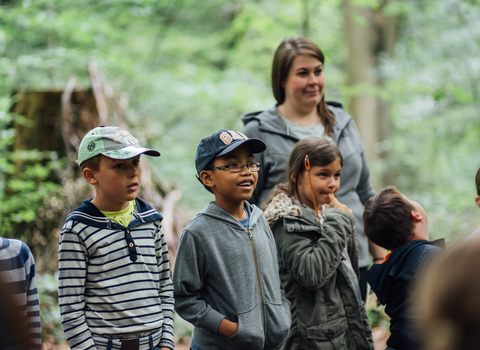
Helena Dolby for Sheffield & Rotherham Wildlife Trust
Enable healthy communities
More than one-third of the population - nearly 9.5 million households in England – are unable to access green places near their home.
- Commit to a cross-Government fund to grow community based health services - nature can play a huge part in wellbeing and economic social care, such as our Feed the Birds scheme.
- A right to a healthy natural environment - by addressing the inequalities in access to nature spaces in local areas.
- Give every child the best start in life - outdoor learning is transformational for children and we need to nurture environmental leaders of the future.
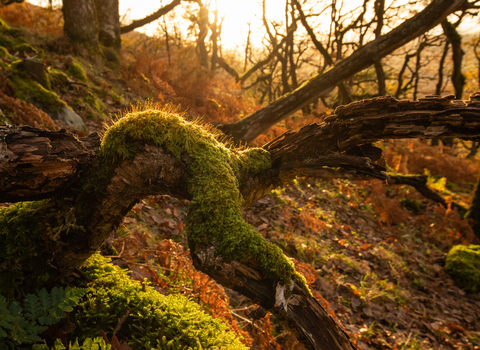
Deadwood and moss in a UK rainforest © Ben Porter
Tackle the climate emergency
Climate change is driving nature’s decline, and the loss of wildlife and wild places leaves us ill-equipped to reduce carbon emissions and adapt to change.
- Help nature and people adapt to climate change - progressing adaption with nature base solutions and improving habitat networks whilst reducing carbon emissions.
- Protect our blue carbon - recognising, monitoring and protecting blue carbon stores in the marine environment.
- Upgrading energy efficiency for homes - helping to reduce emissions, costs and energy bills whilst reducing wasted energy.
Click the link to access the reports:-
State of Nature 2023 UK Full Report
Latest news
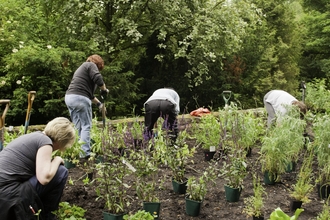
Green spaces project launches thanks to funding from the UK Shared Prosperity Fund
The funding will allow Shropshire Wildlife Trust and Energize Shropshire, Telford & Wrekin to continue their partnership on green…
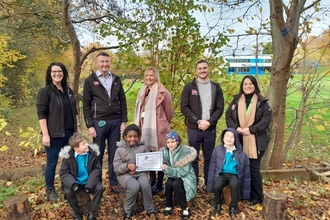
Müller Yogurt & Desserts partners with Shropshire Wildlife Trust to fund learning in local schools
Müller Yogurt & Desserts has teamed up with Shropshire Wildlife Trust (SWT) to provide the charity with vital funding to support the…
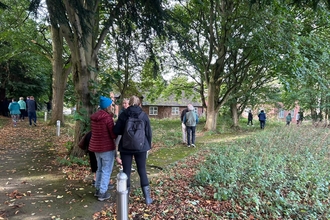
Green Social Prescribing project partnership celebrated
A two-year project to encourage people to access outdoor spaces to improve their overall health and wellbeing is nearing the end of its…
